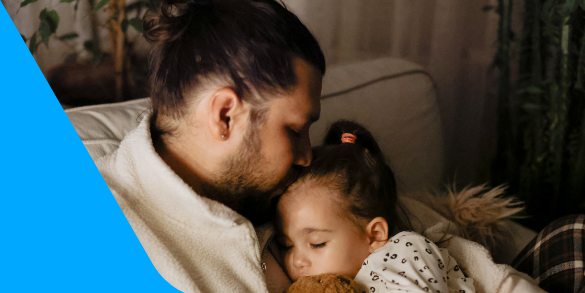SKIP TO CHAPTER

Emotional Development
As your baby becomes a toddler, he is refining his attitude, sharpening his skills and improving performance in every area of his development with increased strength, coordination and mental capacity. As such, your child is developing a sense of self, which includes a need to assert his autonomy and do as many things as possibleby himself. Offer him choices, such as what game he wants to play or what clothes he wants to wear (he will most likely want to try to dress himself in the process). Encourage him to do some things by himself (under your careful supervision), like washing his hands or helping with household chores (sweeping the floor, sorting laundry, etc.). By coaching him along, you will foster his sense of pride and self-worth as he discovers his newfound abilities.
Children between the ages of 15 to 18 months are increasingly aware of their own feelings as well as those of others. They may demonstrate empathy and try to comfort someone who seems sad or repeat behaviour to provoke laughter. Discuss and demonstrate empathy with your toddler – be his best example. Suggest how he can empathize with others. Read books that talk about feelings and connect what you are reading to your child’s own experiences.
Tantrums may also arise when your toddler cannot manage his emotions. This is a normal part of toddler development. Stay calm and do your best to not react. It isn’t always easy, but by controlling your own emotions, you can best help your child to recover more quickly.
Self-control is another emotional milestone that may take some time to achieve. Toddlers understand the concept of “no”, but can’t necessarily control their feelings and actions. Likewise when they become frustrated with their inability to do something or be understood when trying to express themselves. Be patient. Put his feelings into words, such as “I understand that you don’t want to wear your sweater. It’s okay to feel mad, but it is cold outside. Could we pick out another sweater to wear instead?&rdquo: By empathizing with what he feels, he sees that you understand. The more calmly you respond, the more effective you will be at teaching your child self-control.







